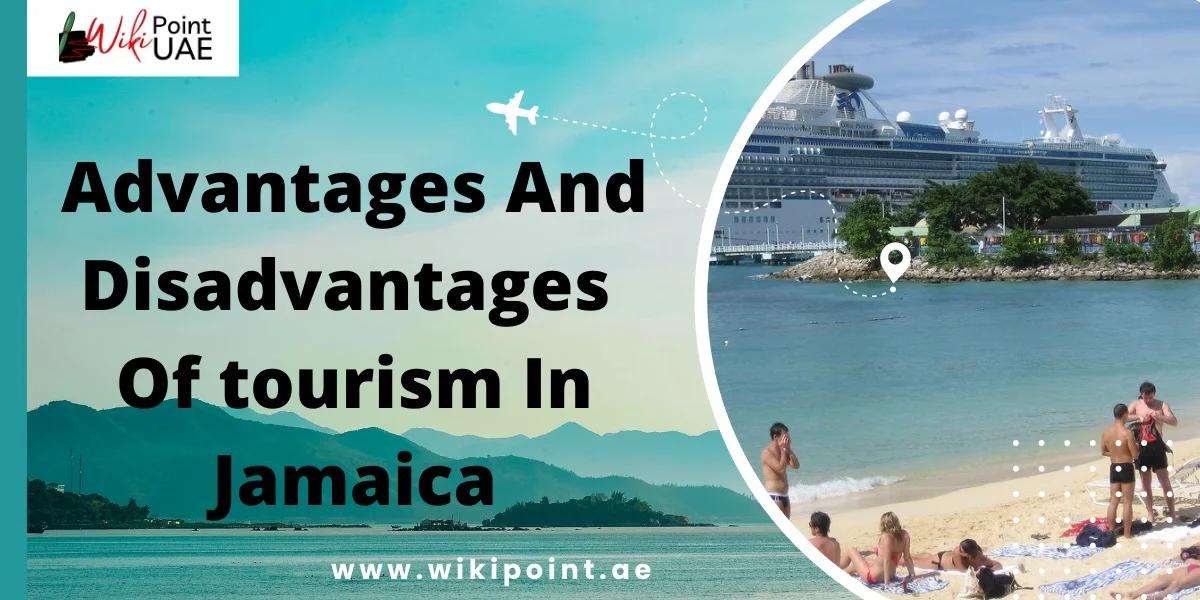Jamaica is a popular tourist destination that offers a range of attractions and experiences. However, as with any industry, there are both advantages and disadvantages to tourism in Jamaica. In this article, we will explore both sides of the issue and examine the impact that tourism has on the island nation.
Jamaica is a small island nation in the Caribbean that has become a popular tourist destination in recent years. Known for its stunning beaches, vibrant culture, and delicious food, Jamaica has something to offer every type of traveler. However, as with any destination that attracts a large number of visitors, there are both advantages and disadvantages to tourism in Jamaica. In this article, we will explore both sides of the issue and examine the impact that tourism has on the island nation.
Advantages of Tourism in Jamaica:
- Boost to the economy: Tourism is one of the major contributors to the Jamaican economy, accounting for approximately 30% of the country’s GDP. The industry provides employment for many locals and generates revenue that can be used to fund public services and infrastructure.
- Preservation of cultural heritage: Tourism has played a significant role in preserving Jamaica’s cultural heritage. By promoting local traditions and customs, tourists are encouraged to learn about the island’s history and appreciate its unique culture.
- Improved infrastructure: The influx of tourists has led to significant improvements in Jamaica’s infrastructure, including the construction of new hotels, restaurants, and attractions. These developments not only enhance the visitor experience but also create new job opportunities for locals.
- Increased awareness of environmental issues: Tourism has helped to raise awareness of environmental issues in Jamaica, such as the need to preserve the island’s coral reefs and protect its endangered species. As a result, there has been a push towards eco-tourism, which promotes sustainable travel practices and helps to protect the environment.

Disadvantages of Tourism in Jamaica:
- Environmental impact: Tourism can have a significant impact on the environment, particularly if it is not managed responsibly. Overdevelopment of beaches and coastal areas can lead to erosion and damage to delicate ecosystems.
- The increased cost of living: As tourism grows in Jamaica, the cost of living can also rise. Prices for goods and services may increase to cater to the needs of tourists, making it more difficult for locals to afford basic necessities.
- Cultural erosion: While tourism can help to preserve Jamaica’s cultural heritage, it can also lead to cultural erosion. The influx of visitors and their cultures can dilute the island’s unique identity and traditions.
- Economic dependency: Jamaica’s reliance on tourism as a major source of income can create an economic dependency on the industry. This can lead to vulnerability in the event of economic downturns or changes in the travel industry.
Tourism has both positive and negative impacts on Jamaica, and it is essential to weigh these factors when considering the benefits and drawbacks of the industry. While tourism can provide economic benefits and preserve cultural heritage, it can also have adverse effects on the environment and local communities. Ultimately, the key to successful tourism in Jamaica is responsible and sustainable management that balances the needs of visitors with the preservation of the island’s natural and cultural resources. More Post Visit















